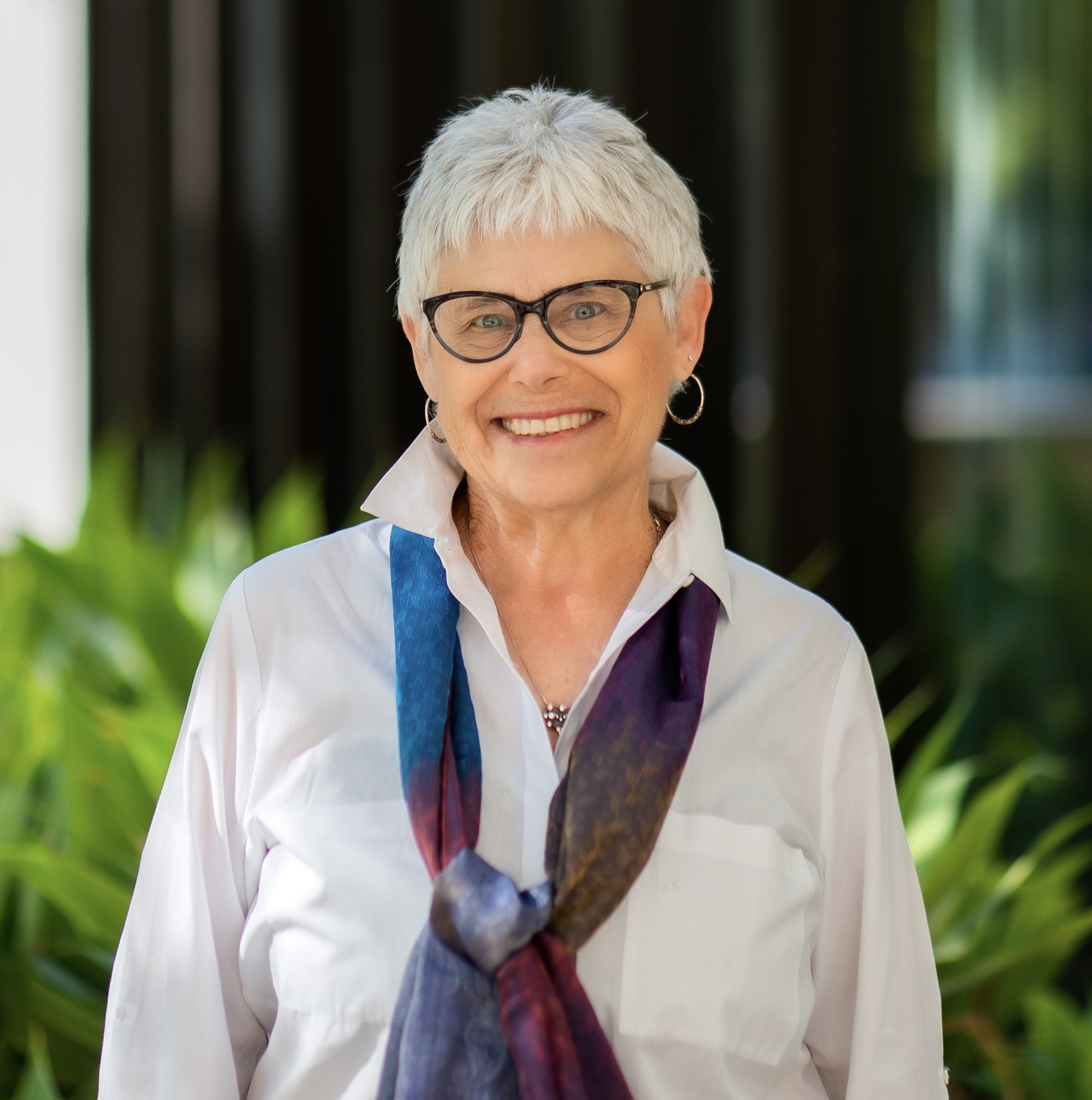August 2023 Champion
Robin Cooper, MD

When Dr. Robin Cooper thinks about the climate crisis, she focuses on how we actually think, behave, and feel. The San Francisco psychiatrist says conditions such as high heat impair our ability to react to the dangers — and that the harm is worse for those most affected, such as people with mental conditions. She wants health professionals who have paid attention to the physical aspects of health risk to consider that the physical and the mental are tied together.
“We humans experience everything through our emotions,” Dr. Cooper says. “Everything is integrated through our brain and our emotional world.”
Extreme heat, such as the world has had this summer, is a textbook example. Dr. Cooper says the impact is easy to underestimate. “It’s not just that we feel cranky when it’s really hot,” she says. “Extreme heat affects behavior, mood, sleep, cognition.”
For people with pre-existing mental conditions, managing the challenges created by climate change become more intense, Dr. Cooper says. The mentally ill have increases in emergency room visits, and are more likely to die, she says. And, as it does with some other medications, the medications to treat mental illnesses can interfere with cooling mechanisms of the body, creating greater risk of heat stress, she says. But the mentally ill may be less aware of the danger: “It’s the interference with their ability to be thoughtfully prepared, aware of the environment, alert to the need, and then being able to implement safety actions and behaviors.”
However, Dr. Cooper says, human nature also gives us the capacity to find a way out — if we work together. “We are connected beings,” she says. “We are tribal. Social connection is essential for our well-being.” It’s not just in the professional social support network, she says — it’s in the day-to-day checking in with each other. And as health care professionals, she says, it’s using the trusted voice to advocate for climate action.
In Dr. Cooper’s case, advocacy developed in childhood. Her parents were social activists, and she remembers going to demonstrations while in a stroller. “I’ve never not been involved,” she says. She helped to write a position paper on climate change for the American Psychiatric Association, and she is co-founder and president of the Climate Psychiatry Alliance.
“You cannot advocate for adequate changes in policies alone,” Dr. Cooper says. “You have to do it in a community.”
